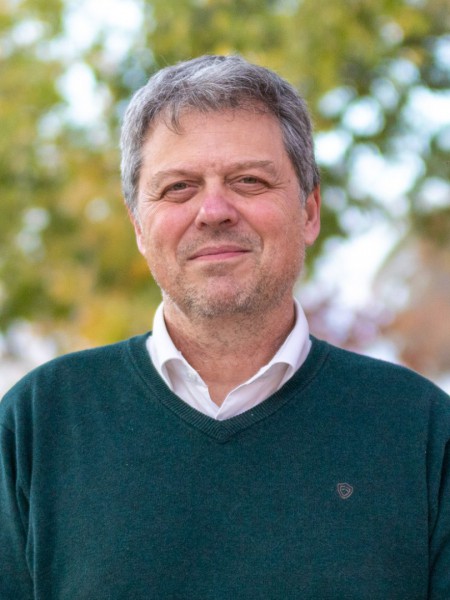abstract
Multicompartmental capsules have demonstrated value in fields ranging from drug release, mimetics of artificial cells, to energy conversion and storage. However, the fabrication of devices with different compartments usually requires the use of toxic solvents, and/or the adaptation of technically demanding methods, including precision microfluidics and multistep processes. The spontaneous formation of multi-core capsules resulting from polyelectrolyte complexation at the interface of a prototypic all-aqueous two-phase system is described here. The variation of polyelectrolyte concentration and complexation time are described as simple working parameters capable of driving the formation of compartments at different yields, as well as tailoring their morphology. The mild processing technology enables the encapsulation of animal cells, which are capable of invading capsule walls for specific processing conditions. The batch production of multi-core polymeric capsules with unconventional architectures is reported. Separation phenomena happening at the polyelectrolyte complexation interface are hypothesized to drive the formation of the capsules. These materials are prepared in mild conditions compatible with cell encapsulation. image
keywords
ONE-STEP GENERATION; MICROCAPSULES; PARTICLES; CAPSULES; CELLS
subject category
Chemistry; Science & Technology - Other Topics; Materials Science
authors
Perfeito, FG; Vilabril, S; Cerqueira, A; Oliveira, MB; Mano, JF
our authors
acknowledgements
This work was financially supported by the European Research Council grant agreement ERC-2019-ADG-883370 (project Reborn), by the Programa Operacional Competitividade e Internacionalizacao, in the component FEDER, and by national funds (OE) through FCT/MCTES, in the scope of "CellFi" (DOI ). This work was developed within the scope of the project CICECO-Aveiro Institute of Materials, DOI , DOI & DOI , financed by national funds through the FCT/MCTES (PIDDAC). M.B.O acknowledges national funds through FCT - Fundacao para a Ciencia e a Tecnologia, I.P., under the Scientific Employment Stimulus - Institutional Call - DOI . FCT also financially supported this work through individual doctoral grant 2021.06131.BD - DOI of Francisca Goncalves Perfeito.



